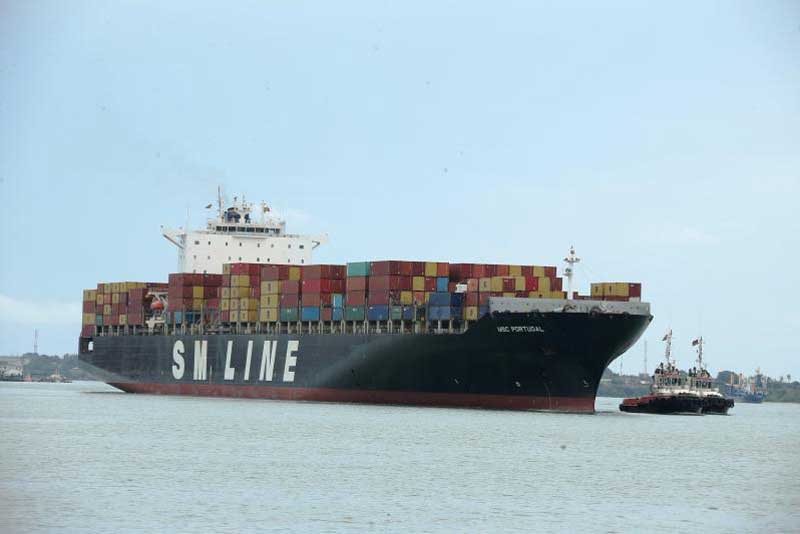×
The Standard e-Paper
Kenya’s Boldest Voice

President Uhuru Kenyatta’s policies to protect local manufacturing industries and enhance job creation have failed to yield the desired results according to the latest data.
While imports of iron and steel and vegetable oils have dropped in the three months to September 2018, since the increase in import duty on the items, importers of paper and paper products, cheap clothes and footwear have defiantly brought in more of the products despite the punitive levies.